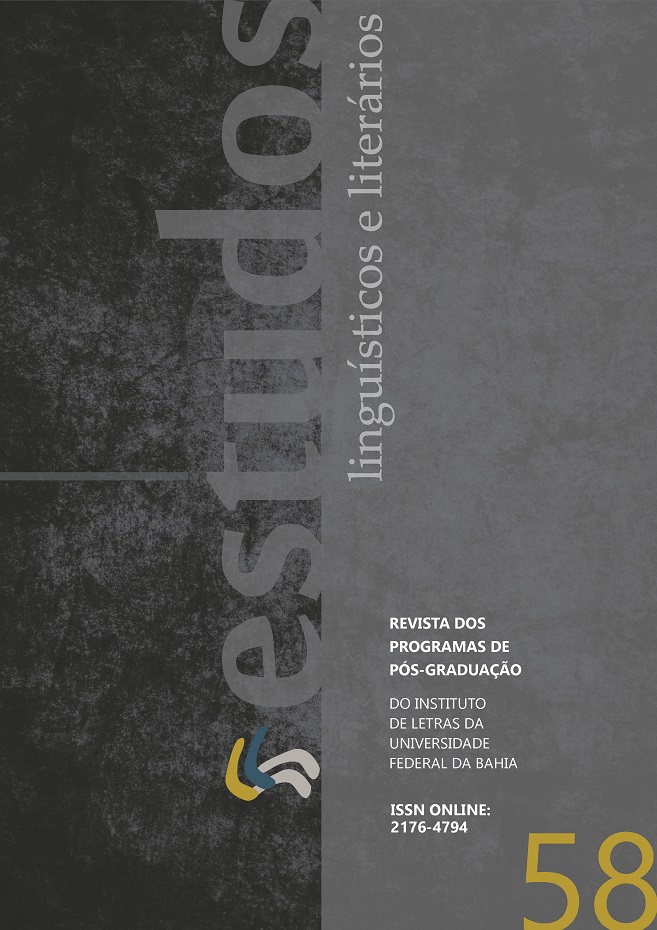BASIC WORD ORDER IN BRAZILIAN PORTUGUESE: A HYBRID EXTENDED PROJECTION PRINCIPLE (EPP) | A ORDEM BÁSICA DE PALAVRAS NO PORTUGUÊS BRASILEIRO: UM PRINCÍPIO DA PROJEÇÃO ESTENDIDO (EPP) HÍBRIDO
DOI:
https://doi.org/10.9771/ell.v0i58.26808Palavras-chave:
EPP, subject requirement, verb movement, basic word order | EPP, Requerimento do sujeito, movimento do verbo, ordem básica de palavrasResumo
This paper proposes a novel analysis of word order in Brazilian Portuguese (BP), based on a hybrid model of EPP satisfaction. It is proposed that the subject requirement or EPP is a [uD] feature on T which can be satisfied either by DP movement or by movement of an inflected verb bearing a [D] feature in BP. This, it is claimed, offers an explanatory account of basic word order patterns in BP. External argument DPs, merged above V, are closer to T than V, meaning that they must raise to satisfy the EPP, predicting SV(O) order with transitive and unergative predicates, including transitive psych-predicates. Internal arguments are merged below V, however, and so with unaccusatives, it is movement of the verb bearing a [uD] feature which satisfies the EPP, giving rise to VS order. With copular verbs which take small clause complements, a similar affect holds, as the copular verb can satisfy the EPP. Verb movement can also satisfy the EPP in impersonal contexts, hence the fact that BP lacks overt expletives.
Resumo: Este artigo propõe uma nova análise da ordem de palavras no Português Brasileiro (PB), baseada num modelo hibrido de satisfação do Princípio da Projeção Extendido (PPE). Propõe-se que o requisito de sujeito ou PPE é um rasgo [uD] no núcleo T, que se pode satisfazer ou por alçamento de um DP ou por movimento de um verbo flexionado com um traço [D] no PB. Esta abordagem oferece uma análise explanatória da ordem básica das palavras no PB. Os argumentos externos (dos verbos transitivos e inergativos) que originam acima do verbo, são mais perto de T, assim que devem mover para satisfazer o PPE, o que prediz corretamente a ordem SV(O) com estes verbos (incluso os predicados psicológicos transitivos). Os argumentos internos originam abaixo do verbo, assim que com os verbos inacusativos, e o verbo com um traco [D] que deve satisfazer o PPE, ocasionando a ordem VS. Com os verbos copulares com clausulas pequenas como complemento, observamos algo parecido porque a verbo copulativo também pode satisfazer o PPE. O alçamento do verbo também pode satisfazer o PPE em contextos impessoais, por isso a falta de expletivos no PB.


